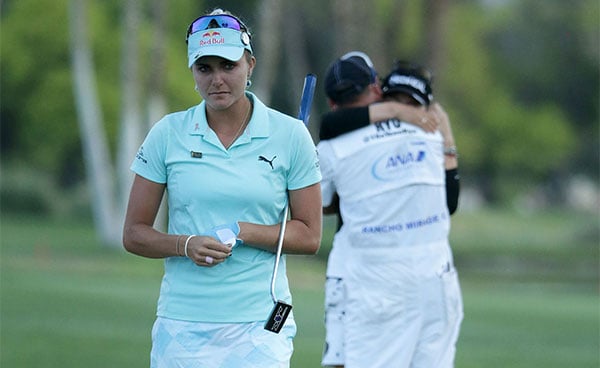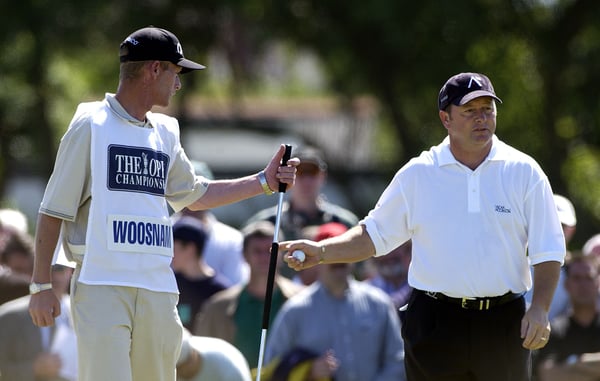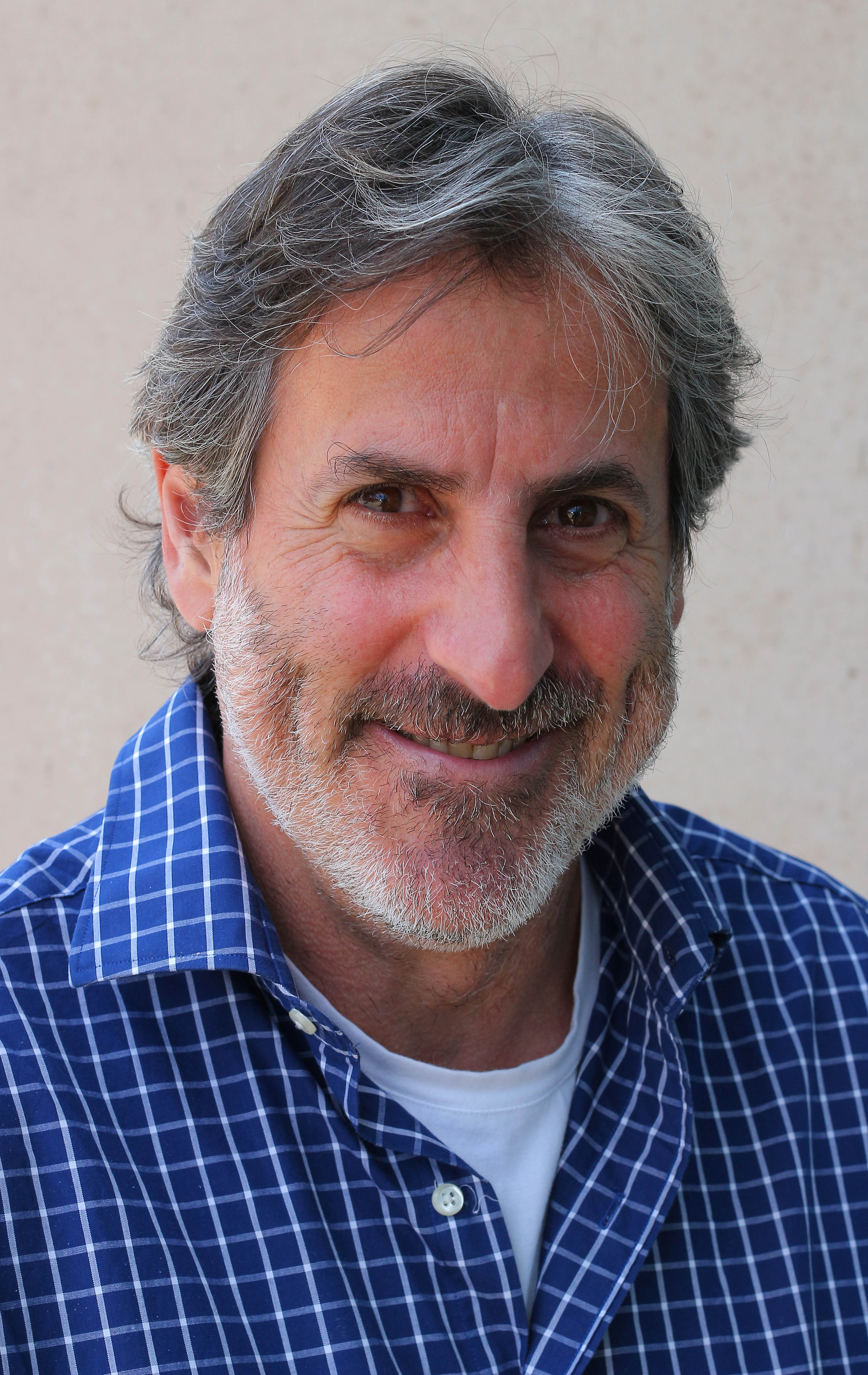
Good on the United States Golf Association and the Royal & Ancient Golf Club of St. Andrews for acting quickly to change the rules that will limit the use of video evidence to affect the outcome of an event.
How many of us truly felt for Lexi Thompson, who entered the final day of the ANA Inspiration tournament with a three-shot lead with six holes to play and suddenly found herself penalized four strokes for committing a violation the day before in the third round? Yes, she broke the rules by marking a ball and then replacing it an inch away from the actual spot. But if not for some TV viewer alerting the tournament officials, no one would have known. Think about it, with all the tournament officials, none of them spotted the innocent mistake.
Thompson did not intentionally break the rules. So a day later, she gets dinged two shots for where she marked the ball and two more for improperly signing her scorecard. She managed to compose herself and claw her way back up to the top, but lost in a playoff. Unless you have a cold heart, you couldn’t help but feel for her. Even though the informant did nothing wrong, morally and ethically it was so egregious. Actually, it’s ridiculous.
Tournaments should be decided by the officials and the players, not the TV viewers. Because of technology, viewing sports on TV provides an experience that is almost like being there. The sites and the sounds are incredible – almost better than being there – but sport is about human error. Mistakes happen, but let the officials and players dictate the outcome.
The golf community was rightfully outraged by what happened to Thompson. Some of the top names in the sport, including Tiger Woods, voiced their disgust.
Viewers at home should not be officials wearing stripes. Let's go @Lexi, win this thing anyway.
— Tiger Woods (@TigerWoods) April 3, 2017
In 2016 during a playoff at the U.S. Women’s Open, Anna Nordqvist was assessed a two-shot penalty during the third hole of a three-hole playoff after video replays showed she had barely made contact with the fairway bunker during her backswing on the second hole. She ended up losing by three strokes.
And last year in the men’s U.S. Open, Dustin Johnson was informed on the 12th hole he might be assessed a one-stroke penalty for his ball moving on the fifth green even though he had not ground his putter. It was only after he finished the round that he was assessed the penalty, but he still managed to win by one stroke. But imagine the impact it had on him mentally to play the final seven holes knowing he might be hit with a penalty while the officials were laboriously examining the video evidence?
Johnson acted professionally in seeking out clarification from the officials, who somehow needed more than ample time to come to a reasonable conclusion. All the while, the evidence, or lack thereof, was available for all to see. In actuality, the officials were in a difficult situation. Whether they did or didn’t call a penalty, they were going to be criticized. But why did it take so long?
So in essence, the new rules limit the use of video when it reveals evidence that could not be seen with the naked eye, and when players use their reasonable judgment to determine a specific location.
A rules committee has been set up by the USGA and R&A to recommend further modifications by January 1, 2019 to modernize the sport’s rules.
Let’s hope that when conclusive rules are put in place, it will never come down to what a TV viewer saw.
As an aside, I think of Ian Woosnam in the 2001 British Open and how he was assessed a penalty on the second hole after his caddie admitted to him after the first hole he was carrying an extra club in the bag. Woosnam told the officials and was guilty. Only he truly knows if it cost him the tournament, in which he finished tied for third. He was in a four-way tie for first going into the final day. But can you imagine if somehow watching at home had called in to report the infraction if somehow the caddie hadn’t owned up to the error?

Woosnam was honest, and regardless of what happened to his career afterward he was a gentleman to a fault. He and the others who play professionally embody that spirit. That is the game of golf. Let it stay that way and let’s hope the rules going forward will be conclusive. Video is good for some things, and the many TV angles and production available let the viewer get inside the game in a virtual experience. But neither technology nor viewers should be the determining factor in terms of what is right and wrong.

